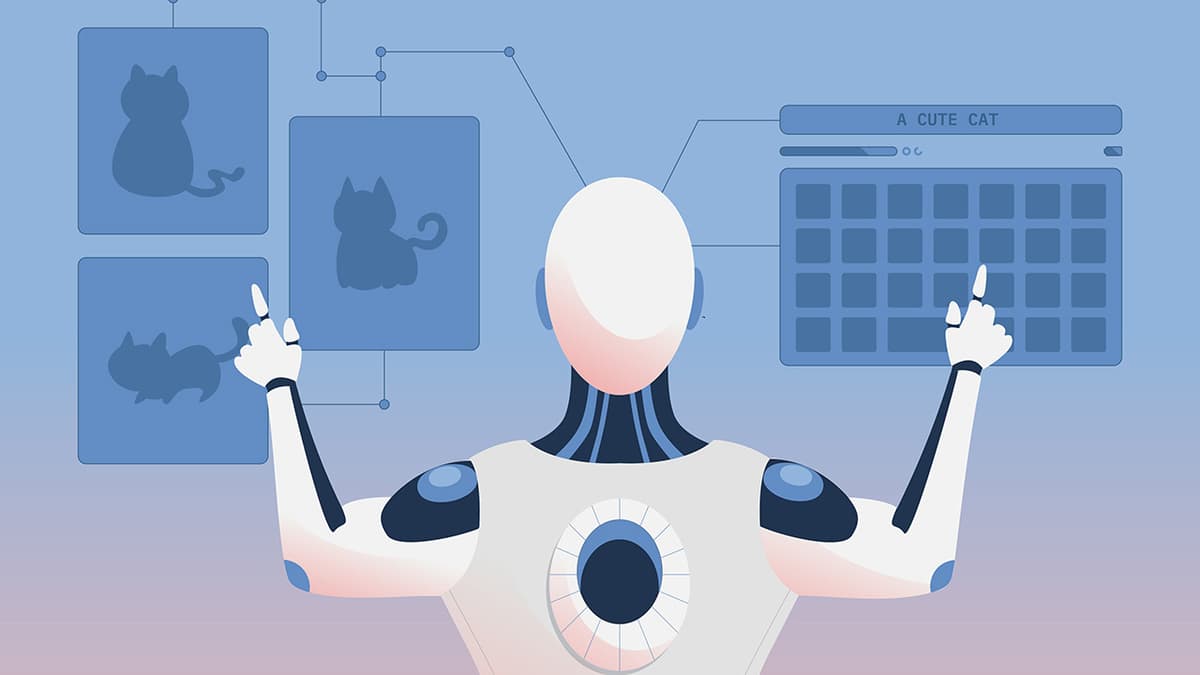Can Chatbot Be a Real Estate Agent?
Chatbots have become valuable tools in many industries. In real estate, can chatbots replace human agents? Let's look at what chatbots can do for real estate and their benefits and limitations.
The Rise of Chatbots in Real Estate
Real estate transactions include property searches, price negotiations, and legal paperwork. Traditionally, these tasks are managed by human agents who offer personal guidance. As technology evolves, chatbots are stepping in as potential options for human agents.
In real estate, chatbots act as virtual assistants. They provide quick responses to inquiries, schedule property viewings, and create real-time market reports. Their ability to manage multiple conversations at once and their availability 24/7 make them appealing for real estate agencies seeking to boost efficiency.
Benefits of Chatbots in Real Estate
1. Instantaneous Customer Service
Chatbots can deliver immediate customer service. Buyers and sellers can get answers to their questions right away, no matter the time. This instant response improves customer satisfaction and engagement, as clients do not have to wait for an agent's availability.
2. Efficient Property Search
Chatbots with AI algorithms streamline the property search process. By asking users about their preferences, budget, and location, chatbots can quickly narrow down relevant property options. This saves time for clients and agents, allowing them to focus on critical aspects of transactions.
Limitations of Chatbots in Real Estate
Despite the benefits, chatbots have limitations that prevent full replacement of human agents. Some notable limitations include:
1. Lack of Human Touch
Buying or selling a property is a major decision, and many people prefer personal guidance. While chatbots provide quick information, they lack the emotional intelligence and empathy that human agents offer. For complex negotiations, clients often feel reassured with a human agent present.
2. Complex Transactions
Real estate deals involve intricate legal and financial processes that require human expertise. Chatbots may have difficulty managing contract drafting, negotiating terms, and ensuring legal compliance. Human agents possess the necessary knowledge and experience to navigate these complexities.
The Future of Chatbots in Real Estate
As technology progresses, chatbots are expected to have a larger role in the real estate industry. While they may not fully replace human agents, they can complement their efforts and improve the overall customer experience. By automating repetitive tasks and providing instant responses, chatbots allow agents to focus on building relationships and offering personal services.
Investing in AI-powered chatbot technology can benefit real estate agencies that want to stay competitive and meet clients' needs. Chatbots can improve efficiency, enhance customer service, and drive business growth.
While chatbots have limitations, they can be valuable assets in real estate. Combining technology's efficiency with human expertise can create a successful strategy for real estate agencies. If you're considering using chatbots in your real estate business, look into the options available and how they can align with your goals.












